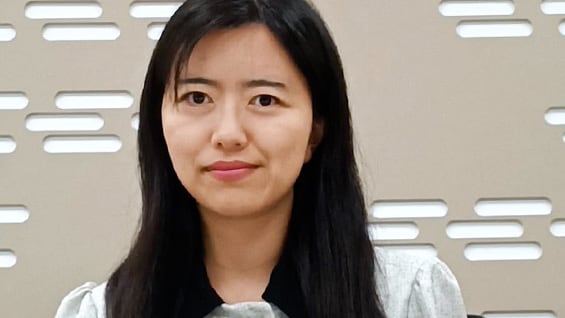
Shared optimism around AI
Engineers and executives agree that AI will boost their innovation capacity.
More than 80% of both groups say they are optimistic about their ability to integrate AI into their organizations. Engineers and executives also agree that accelerating AI adoption will improve their innovation abilities by delivering important benefits, such as increased efficiency and productivity, improved data analysis, and enhanced decision-making capabilities.
However, we see differing levels of optimism depending on age and geographic location. Globally, 84% of younger engineers (Gen Z and Millennial1) are optimistic about AI integration at their organizations, vs. 74% of Gen X and Baby Boomer engineers.
Among the specific countries we surveyed, engineers and executives in China are the most confident about the integration of AI into their organizations (90% are highly confident vs. 70% globally). Yet Chinese engineers are also more likely to be worried that AI could replace their jobs (45% of Chinese engineers vs. 26% of all engineers).
On the other end of the spectrum, only 57% of German engineers and executives are very confident in their ability to integrate AI. Respondents in Japan and the U.S. also ranked their confidence in their abilities lower than the global average of 70%.


1 Generational groups represent people born in the following years: Baby Boomer = 1946-1964; Gen X = 1965-1980; Millennial = 1981-1996; Gen Z = 1997-2012.
TE Takeaway
Staff scientist Shirley Wang discusses why younger engineers are so enthusiastic about AI and what companies can do to spread this sentiment further across generations.
Staff scientist Shirley Wang discusses why younger engineers are so enthusiastic about AI and what companies can do to spread this sentiment further across generations.
